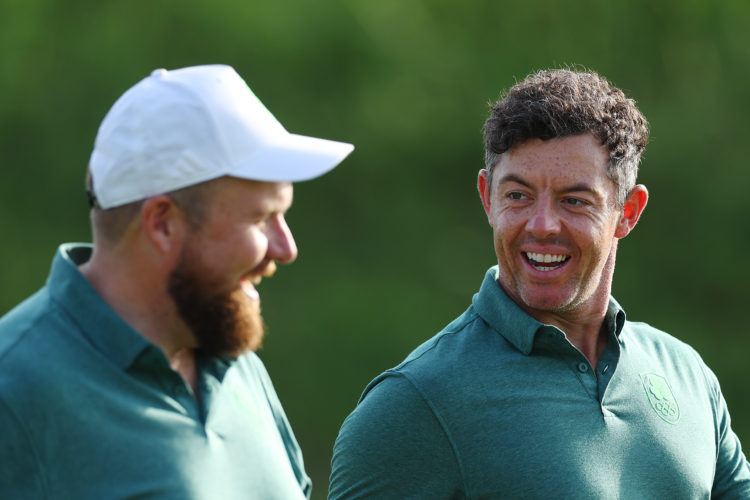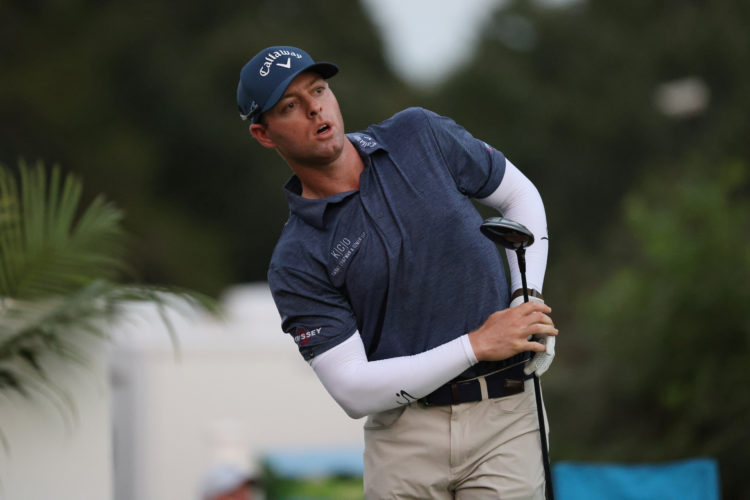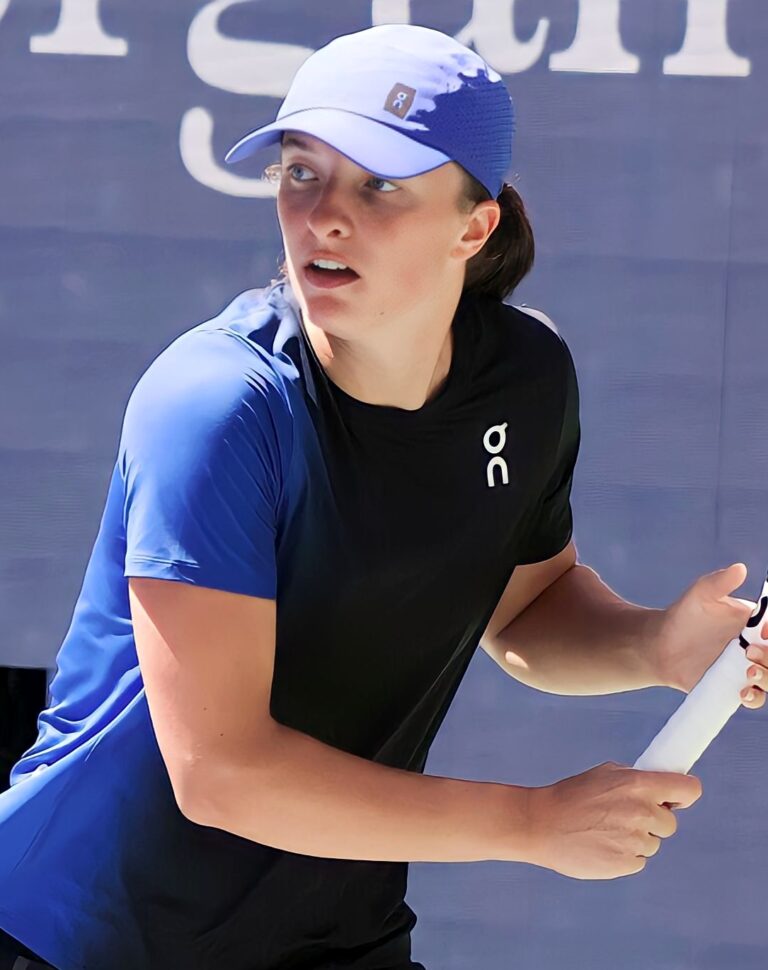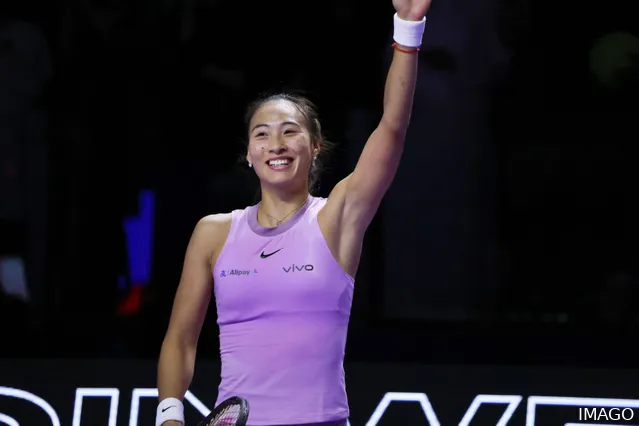Rory McIlroy has disagreed with a suggestion previously made by Bryson DeChambeau on the eve of the Paris Olympic event.
Rory McIlroy has publicly voiced his disagreement with Bryson DeChambeau’s proposal regarding the qualification process for the Olympic golf events, especially with the Paris Olympics fast approaching. This difference of opinion highlights the ongoing debates surrounding the integration of golf into the global sporting arena, particularly in light of recent changes and controversies within the sport.
McIlroy, hailing from Northern Ireland, is determined to make amends for his near-miss in the 2021 Tokyo Olympics. At that event, McIlroy was left in a heartbreaking tie for fourth place, narrowly missing out on a medal. As he prepares for the Paris Olympics, McIlroy is focused on overcoming that disappointment and representing Ireland with renewed vigor. His current preparations have led him from St Andrews, where he was spotted earlier this week, to Le Golf National in Paris. There, McIlroy will team up with Shane Lowry, another top Irish golfer, in the quest for Olympic success.
In contrast, Bryson DeChambeau will not be participating in the Paris Games. DeChambeau, who is the reigning 2024 US Open champion, failed to secure a spot on the USA Golf Team. This absence is significant, given the strength of the American contingent making its way to Paris, which includes a roster of elite players such as Wyndham Clark, Collin Morikawa, Scottie Scheffler, and Xander Schauffele. Each of these players is currently ranked higher than DeChambeau, leaving him on the sidelines and only able to watch the event unfold.
DeChambeau had suggested before the LIV Golf UK event last week that a qualification event might be a viable method to determine participants for the 2028 Los Angeles Olympics. His proposal stems from his frustrations with the current system, which he believes does not adequately account for the evolving dynamics within the sport.
However, McIlroy is firmly against this idea. In his pre-tournament press conference, McIlroy expressed his belief that the existing qualification process is sufficient. He highlighted the difficulty in comparing the level of golf played on different tours, suggesting that the current system, which does not award World Ranking points to events on the LIV Golf Tour, reflects this disparity. McIlroy pointed out that this lack of recognition is a significant factor in the debate over qualification and overall acceptance in the broader golfing world.
McIlroy’s comments included a subtle critique of golfers who have transitioned to LIV Golf, the controversial league that has divided the sport. He emphasized that those who chose to move to LIV Golf were fully aware of the potential repercussions, including the impact on their Olympic and Ryder Cup eligibility. McIlroy underscored that qualifying for major tournaments and prestigious events like the Olympics requires adherence to established criteria, which were well known to the players when they made their decisions.
The issue of World Golf Ranking (OWGR) points is a critical one, particularly as it impacts the inclusion of LIV Golf players in major tournaments and the Olympics. There is hope that this issue will be resolved by the time of the 2028 Games in Los Angeles, but for now, the divide within the sport remains evident. The absence of OWGR points for LIV Golf events has affected several high-profile players, not just in terms of Olympic participation but also in their ability to compete in major championships.
For instance, Patrick Reed, another prominent golfer who joined LIV Golf, has seen his OWGR ranking suffer significantly. This decline has led to concerns about his future participation in the four major tournaments, with his ability to secure spots in these prestigious events now under serious threat.
In summary, the debate over Olympic golf qualification reflects broader tensions within the sport, particularly regarding the impact of LIV Golf and the evolving criteria for participation in major events. As the golf community looks towards the future, the resolution of these issues will be crucial in shaping the landscape of competitive golf.






